This month’s feature interview is a bit of a departure from our usual fare. Brian Hanley’s book, Radiation—Exposure and its Treatment: A Modern Handbook, is not likely to induce a crazed following (think: screaming, fainting Elvis fans…), but it WILL educate you. The scientifically-minded of you (and you know who you are!) will enjoy his comprehensive but easy-to-read style on an important subject. Written in simple-to-understand terms, Dr. Hanley explains what radiation is, how much is in nature, and principles and specifics of treating exposure. He’s also rather funny. I hope you learn as much as I did! ~NW
*****
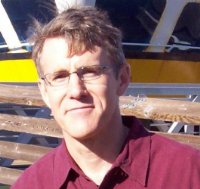 Brian, can you tell me a little about your background? I think people would be interested to know how you went from salesman to scientist.
Brian, can you tell me a little about your background? I think people would be interested to know how you went from salesman to scientist.
I held a number of jobs. The funniest ones were working for National Onion Singing Telegrams, and when I was an electrician’s apprentice. I was fired from the latter for shocking my boss with 220, 2-phase current 5 times in a row. It was a scene out of the Three Stooges. What he said to fire me isn’t printable. It was unique, though.
So, I took a job selling Fuller Brushes door-to-door. Then I moved on to selling janitorial contracts door-to-door in the industrial district. After that, I took a job working as a baker for Black Muslim Bakeries, which was fun being the only white guy in back. At the same time, I worked a second job with autistic kids that I really liked.
It became clear to me though, that this wasn’t the life I wanted. I went to college, studied engineering, then dropped out to put my wife through med school. A friend told me about a job fair at Bank of America, and I accidentally talked with this odd guy in a suit standing off alone by himself who took my resume. He had no hair on his head – not even eyebrows or eyelashes. That turned out to be Pete Hill, SVP for Data Processing, and I later found out that he passed my resume down the line with directions to hire me. So I got a job with no degree in a group with Ph.Ds and EEs. I did very well, and that break started my career. I completed my bachelor’s degree over 10 years, which was an eternity for me at the time. I wanted to double major in cellular biology, but once I had the credits to graduate, I couldn’t face two more years, so I had a minor.
Many years later, I was running an office in Tbilisi, in the country of Georgia (north of Iraq) where we did software for TV, robotics, AI and machine vision. I worked on biological weapons issues and terrorism also during that time. Some people thought I should go to grad school, and when the office closed, I did.
I had this silly idea that academia would be a nice, relaxing thing to do after Central Asia—which it wasn’t—but that wasn’t at all because of the school work. That part was fine. It was the intrigue—I told a particularly unpleasant professor that he was no different than the gangsters I had seen in Central Asia and a sight less respectable, which infuriated him. He tried very hard to make sure I got kicked out of school, but I got academic honors which made it difficult to do that. I finished grad school in 2009 after working on DNA vaccines and gene therapy, HIV/AIDS, structural electron microscopy of the gp120 HIV molecule, and flow cytometry diagnostics.
I came out of grad school worse for wear—certified, instead of certifiable.
Your book Radiation – Exposure and its Treatment: A Modern Handbook tackles a subject many would find confusing. How did you simplify science for the everyday man and woman?
Mostly, what I try to do is, if there’s a simpler word, then I use it. Working in the real world for so long, I understand fairly well how non-academics think. It’s not so much simplifying it as being clear. Use words that most people know, connect the dots, illustrate with examples and comparisons to make a point. For instance, that’s why I devoted chapter 2 (which is in the $0.99 truncated teaser book) to talking about the huge tonnage of radioactive uranium in the ocean from nature. Knowing that gives a point of comparison for other sources of radioactivity. I also know just reading something doesn’t make it easy to visualize. So there are quite a few graphs, illustrations, tables and charts—45 in all.
I have little stories, too, to bring things into the real world and give a point of reference. For instance, chapter 1 starts out with some soldiers who were stationed ¼ mile away from a tower test at Alamogordo. Just before chapter 1 is a chart with various radioactive exposures on it, with cumulative exposure on the left, and acute exposure on the right. That graph tells the reader a lot right there.
After I do the best I can, I run everything by multiple lay readers. I have some people who will tell me what they think and not hold back. Those people are invaluable. Anything they flagged I fixed, and sometimes changed three or four times. Particularly hard chapters I also submitted to a writer’s group for novelists. I think it was difficult for some in that group, but everyone thought they learned a lot.
After that, I did three months of QA on the final version. Over and over and over until I got five run-throughs with no significant changes. Even after publishing the first edition though, I’d wake up at 3 AM wondering if I had that right. A little on the OCD side, that.
What drove you to write this book?
I had accumulated a lot of notes and journal articles over the years. At one point I did a relative risk assessment for Senator Lugar’s office comparing bioterrorism risk with nuclear terrorism, so I had that angle.
Then, for some years I advised people on how to optimize their radiation and chemotherapy for cancer treatment. Some folks suggested I write a book on that several times. “You know a lot about this. And it really worked for me.” I have the cancer treatment optimizations in the book – there are some things you can do to make radiation and chemotherapy more effective and have less damaging effects.
You could call me “alternative alternative” medicine. In California, I am allowed to practice as an “alternative health care practitioner” as long as I disclose my qualifications. I have done that some. The joke among Ph.Ds like mine is, “Only qualified to teach M.D.s.”
Of course, an MD degree has a well-rounded, broad curriculum, much of which Ph.Ds don’t have. So it’s fine, but sometimes we do wish that we could work together with MDs more easily where it’s appropriate. MDs tend to need to be the authority.
Then, Fukushima happened, and the government of Japan and many in the press got pretty hysterical. While radioactivity can be dangerous, it is far less so than most people believe. I started writing a paper and considered publishing it with another scientist, but that wouldn’t do anything for the public. So it was all of those things together that finally pushed me into it. I thought initially it would be a short project, a few months on weekends thing. But it took a lot more time than that, and I learned some things. One always does.
How have people reacted to your book?
Very positively. That’s something that kept me going on a project like this one. One starts to wonder, “Will anybody care? Why am I doing this?” I was encouraged when a relatively early draft got strong praise from a physician who had been in charge of radiological response. I found a couple of typos and small errors in the first edition, as well as a place that really needed a new diagram, which is why this is the second edition; but everyone seems to like it, including medical professionals.
MDs, it turns out, get tired of wading through over-stuffed word salad, too. They like that it’s clear, to the point, illustrated well, and that it has internal hyperlinks to jump to related subjects in a way that quickly provides what they need. The concerns for physicians are pretty much the same as for their patients when it comes down to it as far as treatment.
The book isn’t just a layman’s guide. It’s a serious contribution to treatment of radiation-related problems. It goes step-by-step: what to do, when, and dosage. It explains what is going on and why things happen.
Where it matters, I discuss risks of treatments; and where it is available, what the LD50 is for each medication or treatment. “LD50” means the dose at which roughly 50% will die. Everything has that, from water to salt and any drug. It’s a good thing to know because then you are clear that more is not always better.
Do you ever worry that your credibility as a scientist could be compromised by the fact you self-published your book?
Well, technically, it was published through the company Butterfly Sciences. But, of course I do! Dear Lord. The “Oh. Self-published” sniffy dismissal, looking down the nose.
Reviewers in regular media will not review self-published books. I am well aware that there is a lot of junk self-published stuff out there. So it’s a valid question, “Why aren’t you with a major publisher? Shouldn’t one of them pick you up if this is any good?”
The answer to that is simple. First, the major science publishers could not put out a book like this for under $100. That’s their business model – their sales channel is funneled into university libraries, with a bit of classroom sales to courses at universities. Second, the major academic publishers do not target the general public. They sell a relatively small number of books for each title at a high price. Third, their editors would not accept my way of writing so that most people can understand most of it. They would edit it to academic language standards and use a committee. It just wouldn’t work.
This book is written with academic rigor. Citations throughout back up pretty much everything. Instead of just putting them all at the end with no link to what they are there for (as is standard for academic books), I have them right there at the end of the sentence, so you can click through to the referenced article or at least the abstract of the article if you want to read it. So, while the style is somewhat like “Radiation Exposure for Dummies,” I treat my readers with more respect than that. They can go to the source material if they want to.
Fourth, popular book publishers don’t do this kind of book. Their editors aren’t willing to edit what they aren’t capable of proofreading for accuracy. Plus, they see this kind of thing as going to a small market, and they want a big one.
Last, neither science publishers nor popular publishers are good at e-books. There aren’t science e-books aimed at the regular public like this one. There are some books, yes, but it’s a pretty thin set.
So, that left me to go it alone. I’m plowing a bit of new ground here. We will see how it works—whether people like it enough to make it worth doing in financial terms.
Why is radiation so interesting to you?
A long time ago, I was an anti-nuclear activist. I was around twenty-years-old then. I distributed literature, thought I was doing the right thing. I got some people asking questions I couldn’t answer and decided to go over to UC Berkeley and find answers. What I found in the library stopped me. I realized that I wasn’t giving people true information, or it was partly true, but with severe exaggeration. One article in particular was key to making me realize that. It was a Japanese scientist who had looked at cancer rates in the Hiroshima and Nagasaki areas. For the first fifteen years after those bombs went off, cancer rates dropped. That was the start of wanting to understand more thoroughly how it went for me.
Today, I would say radiation is such a basic part of existence in this world that the public has to understand it better. Our earth contains a huge nuclear reactor in its core that keeps it hot. That’s what gives the heat that makes earthquakes and plate tectonics, the energy for volcanoes and mountain-building comes from that. The rocks are radioactive. Coal smoke is radioactive. Your classy granite countertop is radioactive. It’s mild, but enough to detect.
There is potassium-40 in our bodies, which has been speculated as a contributor to mutations that allow evolution. It is potassium-40 that sets the “banana equivalent dose” of radiation. There is a tiny bit of uranium in all drinking water. There is radon coming out of the ground.
In addition to that, we have x-rays and CT scans, plus radiation treatments of various kinds in medicine. Radiation saves tens of millions of lives. It kills very few. In fact, radiation kills far less people than lightning strikes or drowning in the bathtub, or just about anything else. These are facts people need to know.
How did you approach writing a book? Was it something you found easier because you have written academic papers?
Yes, of course it was. It’s a technical subject that requires academic literature reading. One thing I can say for grad school, I wrote. And I got criticized. You grow a thick skin or you get out, because nobody gets it perfect all the time.
Do you believe a handbook about radiation could help people on a day-to-day basis?
Yes. Many people are scared because they don’t know what’s what. People are scared of dental x-rays. I remember telling my dentist not to give me x-rays because I was afraid of cancer, but it’s nothing to worry about. Dental x-rays have extremely low radiation levels and taking a plane flight is more. People are frightened of Fukushima and of nuclear plants that have the slightest thing go wrong. Most of that fear isn’t correct.
What is the best thing reviewers or critics have said about your book?
That it’s clear, easy to read and understand.
Do you believe your book will reach a wider audience?
I certainly hope so. I expect it will take time.
What is the one thing you want people to take away from your book?
To not be afraid.
How serious was the Fukushima disaster and can you simply explain what the after-effects will be?
The untold story of Fukushima is not that it released a lot of radioactivity. It’s how little it released. 15 quadrillion bequerels is the highest unofficial estimate. 40 trillion Bq is the official TEPCO estimate; but let’s use the high one. A Bq is one decay event per second. So let’s do the math. There are two ways to model it.
First, we can think of a way to universalize it, so that every radioactive material can be compared similarly. For that, I use the metaphor of 342 grams of sugar, which is one molecular weight. Let’s pretend that a radioactive material could exist that radiated continuously and didn’t stop after it decayed. If every one of those 15 quadrillion radiations were one sugar molecule, how much sugar would that be?
In one molecular weight of sugar, there are a lot of molecules, 6 x 1023 of them. That’s 6 followed by 23 zeroes. Divide 15 quadrillion by that. That is 1.5 x 1015, or 15 followed by 14 zeroes. You get a tiny fraction. It would be 1/10,000th of one grain of sugar. And that is what is dissolved into the Pacific Ocean. In any given second, only that much is radiating.
In the second example, we can figure out how much material there is for a specific element. Most of that is cesium-137 and cesium-134. Let’s presume the worst case, and 100% of it is cesium-137, which has a half-life of 30 years.
One gram of cesium-137 has an activity of 3.215 trillion Bq. So, if we have 15 quadrillion Bq of emissions now, then dividing 15 quadrillion by 3.215 trillion, is 4,665 grams. That is 4.6 kilograms, or 10.28 pounds of total material dissolved in 300 tons of water. Each liter would have about 0.000015 grams of cesium-137 in it.
Seawater has 32 grams of salt per liter. So the concentration of cesium-137 in that 300 tons of water is very low. It is 1/2,133,333th (less than one two-millionth) of the amount of salt in the ocean.
Per liter, that water would have 48,225,000 Bq. So if you drank one liter, you would get that dose. The biological dose per Bq is roughly 0.0000012 Sv/Bq. So one liter would be 57 Sv if you drank it, at least in theory. Since cesium washes out, it would depend on how long it stayed in your body, and you would get a fraction of that amount. But even 10% of 57 Sv would be fatal if you drank it.
So you don’t want to drink it!
But, once in the ocean, it dissolves rapidly. 300 tons of water is 300,000 liters, or 300 cubic meters (since water is 1 ton per cubic meter.) That’s not so much in the ocean. Added to one cubic kilometer of ocean, it becomes 300 /1 billion less concentrated. So we multiply 48,225,000 Bq by 0.0000003 and get 14 Bq per liter of water. If you drank that, you would get 0.000017361 Sv, or 17 millisieverts. That’s in the range of a barium enema or a CT scan. There isn’t evidence that is biologically problematic. (Yes, I know that some people are alarmed, but what evidence does exist actually says that cancer rates probably go down in that range of radiation.)
Remember that once it is dissolved into the ocean, that the water is dissolved in many cubic kilometers of seawater very quickly. Concentration goes down, and down, and down. Even right down the coast from Fukushima, the concentration is so low that it’s biologically meaningless. And that’s with the “high” estimate that is 375 times the official estimate.
Seriously, that amount is so tiny in an ocean with 5 tons of uranium oxide in every cubic mile of seawater, it’s not worth thinking about. We have confirmed that amount of uranium by mining uranium from the ocean. The Japanese did that.
So at Fukushima, the most incredible disaster happened. Almost everything that could go wrong went wrong, including bungling by management. And yet, nothing remotely close to Chernobyl’s mess happened. It is a testament to good design holding up to bungling and bureaucratic dithering, and that needs to be recognized.
Yes, I know. Some people will accuse me of working for the power companies or being a public relations shill for them. But I don’t. I’m just being honest in all directions, that’s all.
Regarding the Chernobyl incident or Three Mile Island, which was more damaging?
Chernobyl. No question.
At Three Mile Island, in terms of radioactivity that matters, there were 20 curies of iodine-131, which was pretty well gone 180 days later, because the half-life of I-131 is 8.0197 days. That means after 180 days you only have 0.0085 curies left.
If it were possible to collect it all and consume it, that would be 0.156 Sv of exposure. For I-131, specifically, it wouldn’t be a good idea because iodine is unique in that our bodies are very good at capturing it all and keeping it in the thyroid gland.
But even at the outset, right away, it’s not possible to capture all the iodine-131 if you tried. And you can block iodine from absorption by having iodine in your diet. There’s a section on that in my book.
Iodine evaporates and floats away. It’s almost impossible to contain it outdoors. For instance, that’s why the dried seaweed used to wrap sushi has micrograms of iodine per gram, but kelp has milligrams per gram. It is washed and dried in the sun. And iodine floating away is why there was not a lot of concern after Three Mile Island’s accident. The I-131 evaporated into the air and wasn’t concentrated.
Chernobyl had its core literally burn because the moderator rods were carbon. That burning released uranium, plutonium, and lots of cesium (and some other things) into the air. About one-third of the core went up into the air. The heavy metals fell to earth in a few miles. But the cesium contaminated a much larger region. Since the cesium fell on the earth, it didn’t get dissolved like it would in the ocean. And once on the ground, it gets recycled by the plants, over and over. It gets a little bit concentrated in the animals, just a little.
That said, the wildlife is very happy in Chernobyl. Human inhabitants are far more dangerous to bears and wolves than the radioactivity is there. I hope that area remains a wildlife preserve centuries from now when most of the cesium-137 has decayed.
There are no fatalities from Three Mile Island. There are no known illnesses from it, except, perhaps anxiety. Based on the Linear No Threshhold model, there could be 1 or 2 cases of cancer, but I don’t believe that. The LNT model is not based on evidence. I talk about that in my book also. Most people don’t know that the model used to estimate danger from radioactivity has no evidence to support it in the low range. In fact, the evidence is against it.
Chernobyl had 41 to 50 direct fatalities. Indirect casualties should be around 4,000, but because of background cancer rate and other problems in the breakup of the USSR, it hasn’t been possible to observe those casualties. They got drowned out by other events. http://www.iaea.org/newscenter/focus/chernobyl/faqs.shtml . The IEEE concluded that more people died from stress induced by the relocation, than from radiation.
But if you compare Chernobyl to coal plant casualties, over a 45-year operating lifetime of an average coal fired power plant, there would be expected roughly 4,000 deaths, and there are lots of those. There are 24,000 people killed by lightning every year around the world. Influenza kills 36,000 people a year in the US alone. (And if someone wants to split hairs over that 36,000 figure from CDC, let’s call them respiratory illness deaths. It still provides scale.)
What causes these meltdowns? What could be done to lessen the risks involved when working with radioactive material?
Accidents vary. They are accidents. If cooling of the reactor stops, then it gets very hot. Depending on design, different things will happen. If it’s like Chernobyl, then the carbon rods will burn. As they burn and heat the reactor further, the reactor stops being moderated and gets hotter, which makes it burn more.
If it’s like the TEPCO plant, the reactor gets so hot that it vaporizes the pool of water that it’s in. The TEPCO management did not vent the reactor vessel, so that sealed the water inside the big containment chamber. My understanding is that the water got so hot, it turned to gas, and it reacted with metals and materials in the core and inside the chamber to liberate free oxygen and hydrogen, which eventually ignited and exploded. They should have vented those containment vessels to prevent that. But, if they had, they would have gotten screamed at for letting out radioactivity. I suspect that stupid bureaucratic cowardice ruled the day on that. It all came out anyway, and things were worse.
You can find design errors like the one at TEPCO all over in buildings. Generators are underground or in a flooding area, which makes them useless when actually needed. It was lack of power to run pumps that made those reactors go critical at Fukushima. But it’s more esthetically pleasing if you can’t see the emergency generators, isn’t it?
The main thing that can be done is design changes. The Chernobyl design is no longer built, as far as I know. Carbon makes a good modifier to damp neutrons and slow the reactor, but once it starts burning, it’s very difficult to put it out. Plus, as I said already, as the carbon burns, since it is the reactor moderator that absorbs neutrons, it makes the reactor get hotter still. And eventually it burns hot enough to vaporize the heavy reactor core metals, which is quite an accomplishment. That’s like vaporizing the lead in your car’s battery, or the engine block on your car. It’s not easy.
There are quite a few good ideas, from the Swedish pebble-bed reactor to this modular design. http://www.technewsdaily.com/18057-safe-nuclear-power-plant-for-space.html
Aside from that, I have things in my book regarding treatment and prevention in extreme scenarios.
How much research do you do before starting to write? Where do you find most of your background materials? How do you fact check?
In this case, I started with many years of collecting information. There are lots of things I haven’t written about yet, and may never, but would like to if I could.
I make errors here and there. It’s nearly impossible to never misspeak or make an error in calculation. I’ve found few academic books without errors. I’m one of those people who catch them and make the author so very happy by writing to him. I’ve done it in math books, biochemistry, in virology. It’s part of what makes people want to shoot me from time to time. When I worked at Bank of America, I had a vice president take me aside in the hallway and hiss at me, “Do you have nothing better to do than write memos to me about everything wrong with our ATM system?!”
That guy was furious with me! I had been writing memos to him about exactly how to get millions of dollars from the ATMs at the bank – leaving no trace.
To apologize, I created the Bank of America Easy Money Machine in our test lab. It was a program that gave you whatever money you asked for and didn’t keep any record of it. He gave me the evil eye, but didn’t bother me in the hallway again. The ATM maker changed out to new models, and Bank of America replaced all their ATMs. So the ATM salesman was happy with me, I guess.
To write Radiation – Exposure and its Treatment I needed math, some basic health physics, immunology, and cellular biology. The math isn’t hard, just tedious. I’m strong in immunology, since I’ve been working on gene therapy for years, and vaccines was my oral exam subject. Immunology is central to vaccination and to radiation sickness. In the main lab I worked in, my thesis adviser taught the immunology courses, and I took the advanced immunology course, as well.
Most of the background material for the book is what I’ve collected over the years from academic sources, books, and articles. I fact check by finding articles about the topic and confirming. I double and triple check. I calculate, then calculate it a different way. I cross-check with other facts on related subjects to make sure it fits in with whatever else is known. If somebody finds an error or misspeak in the book, please tell me. I want to know.
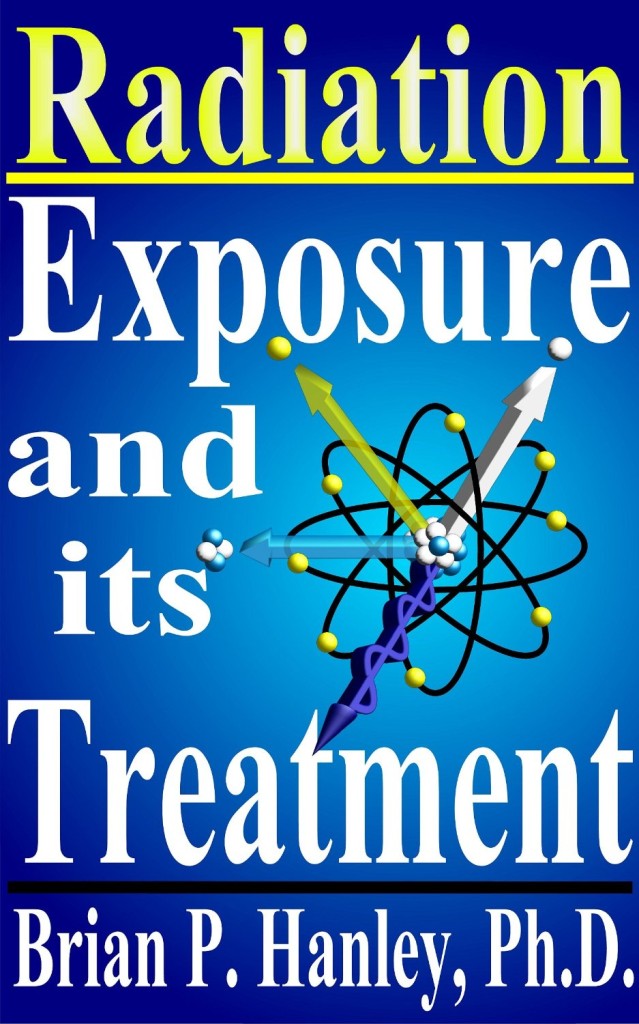
Protect Yourself From Radiation Today!

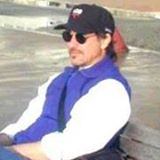
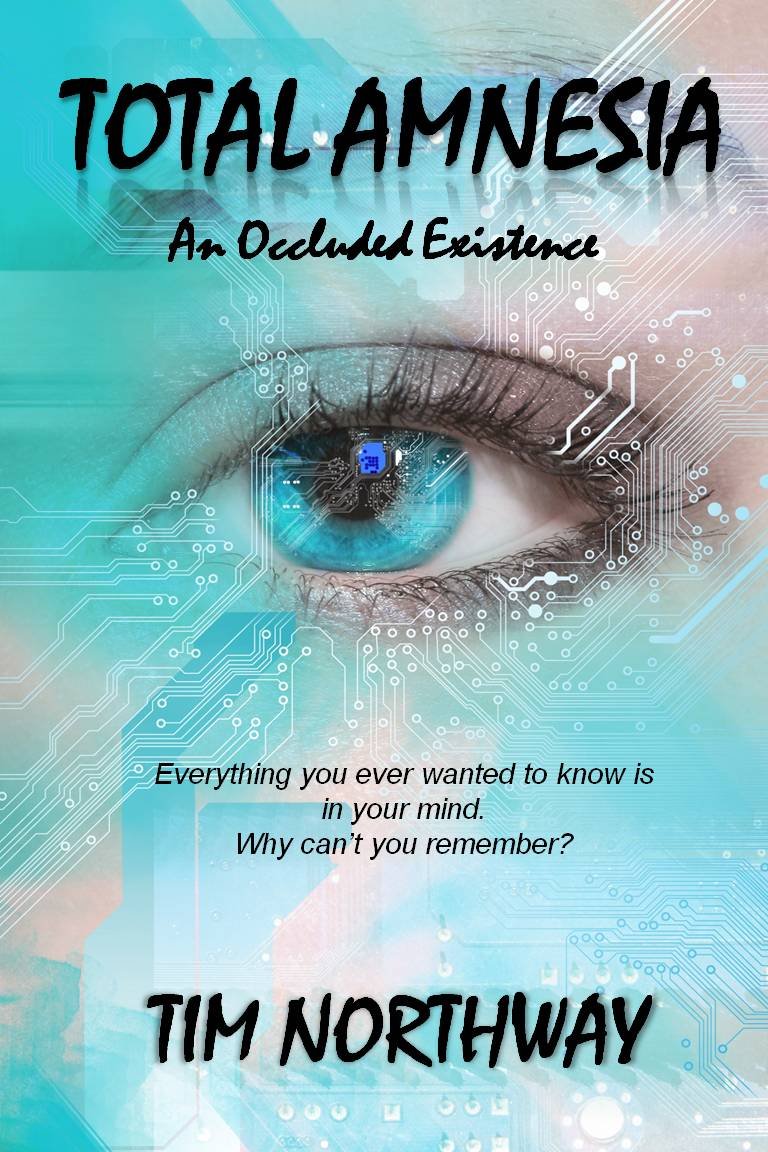


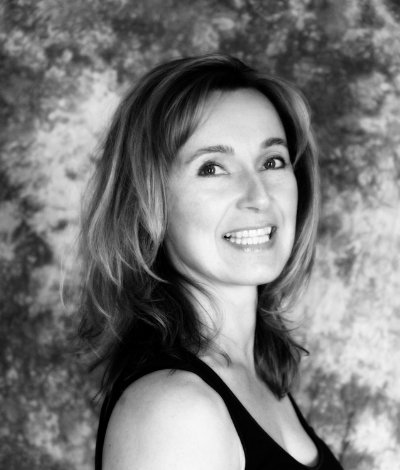

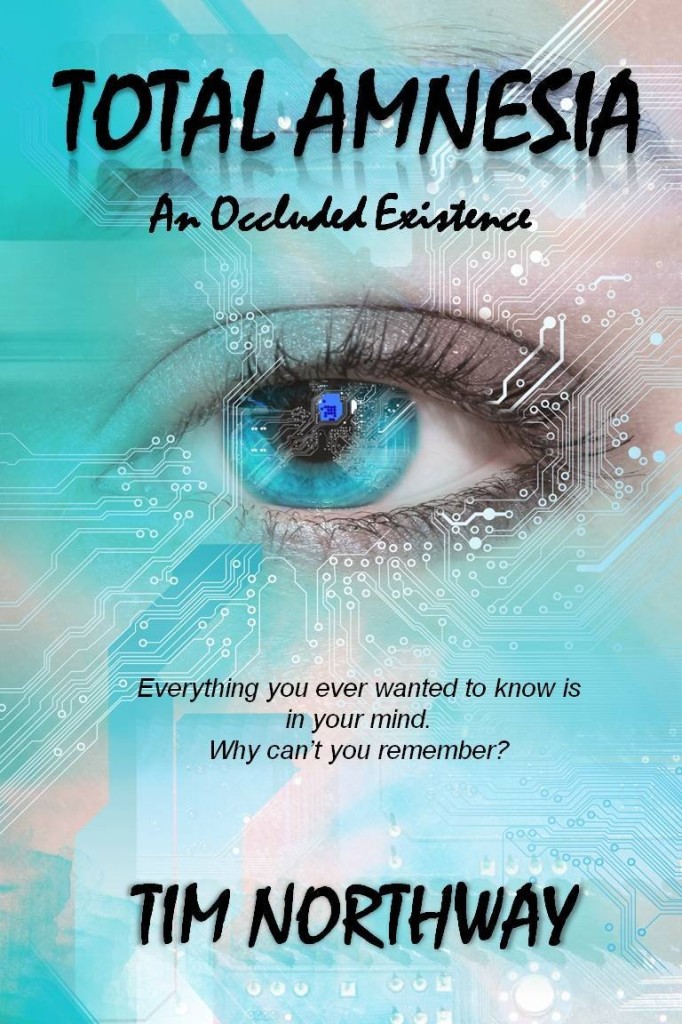


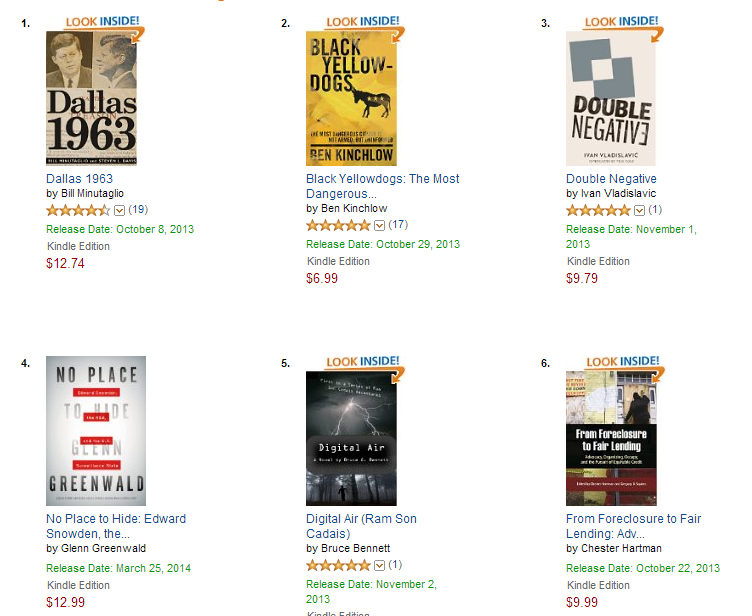
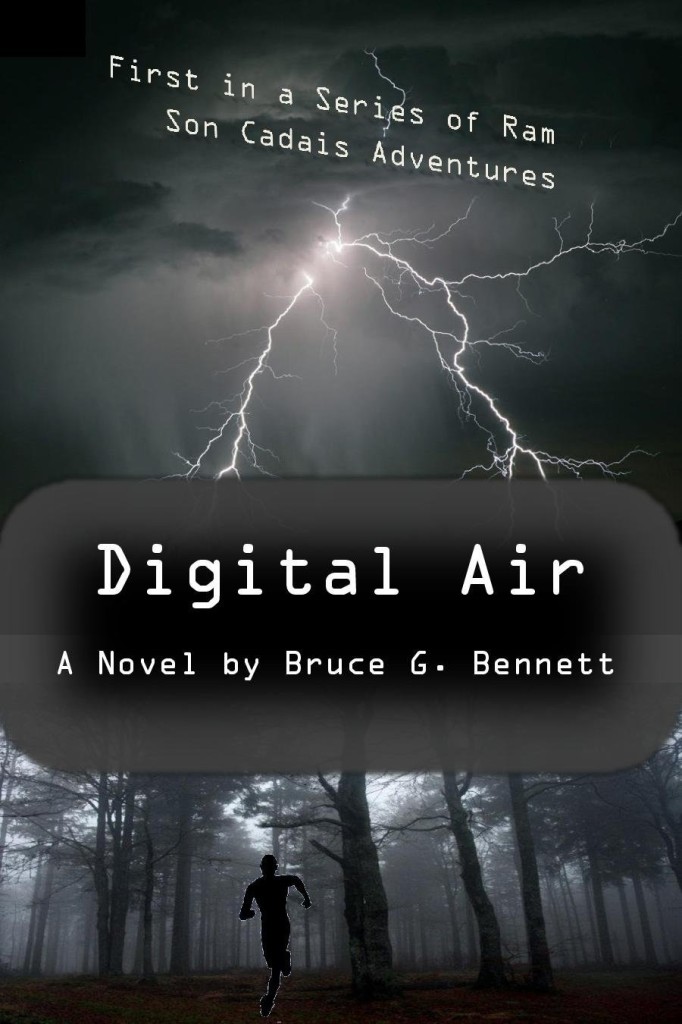
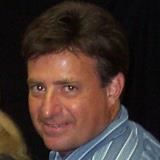
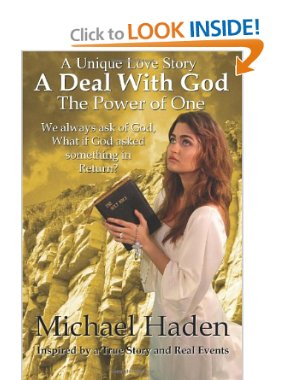
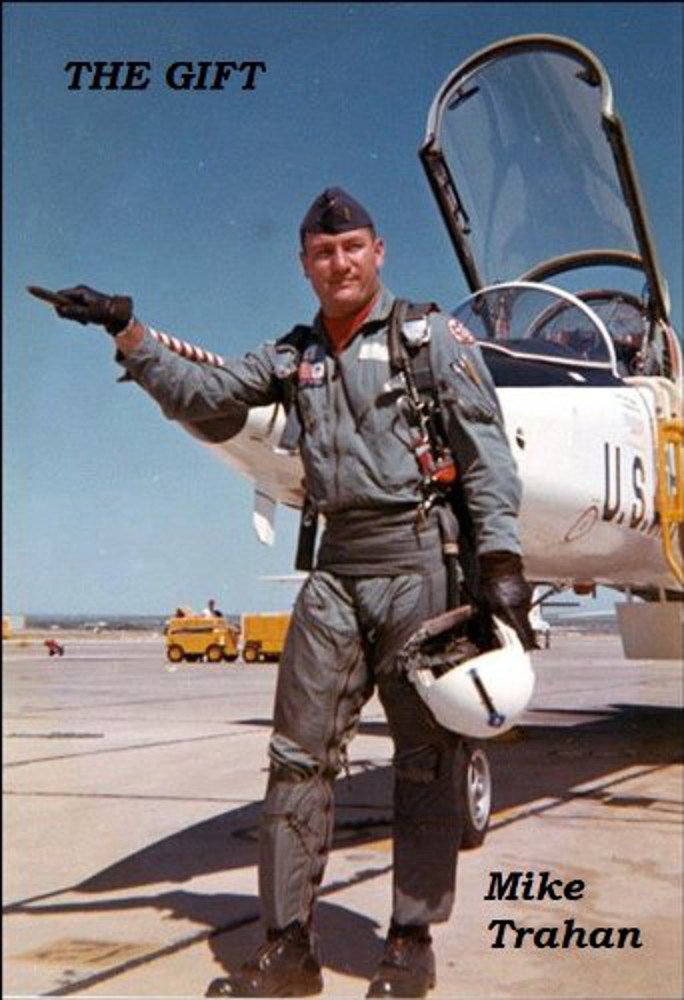
Recent Comments